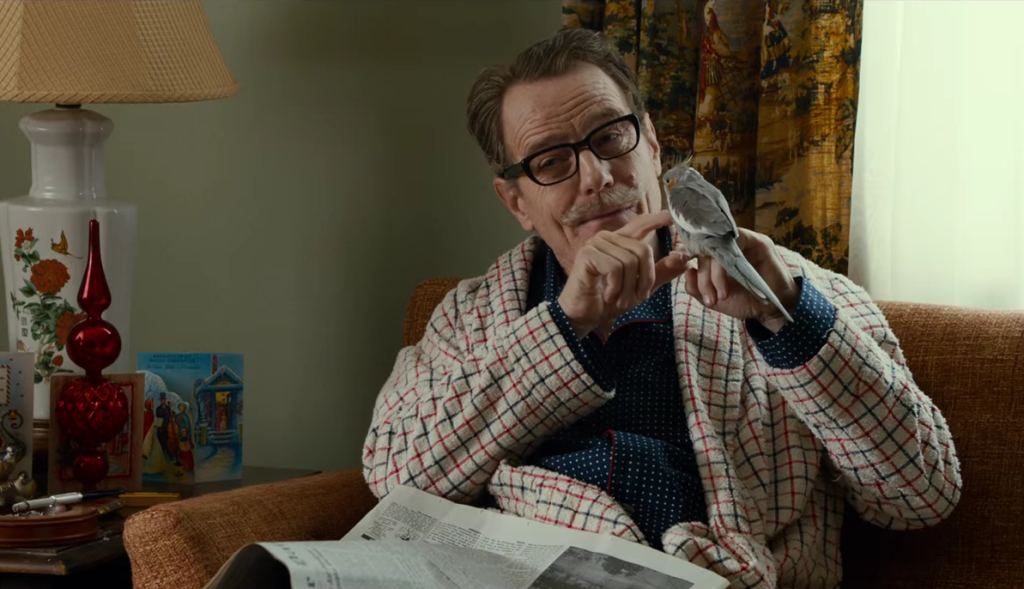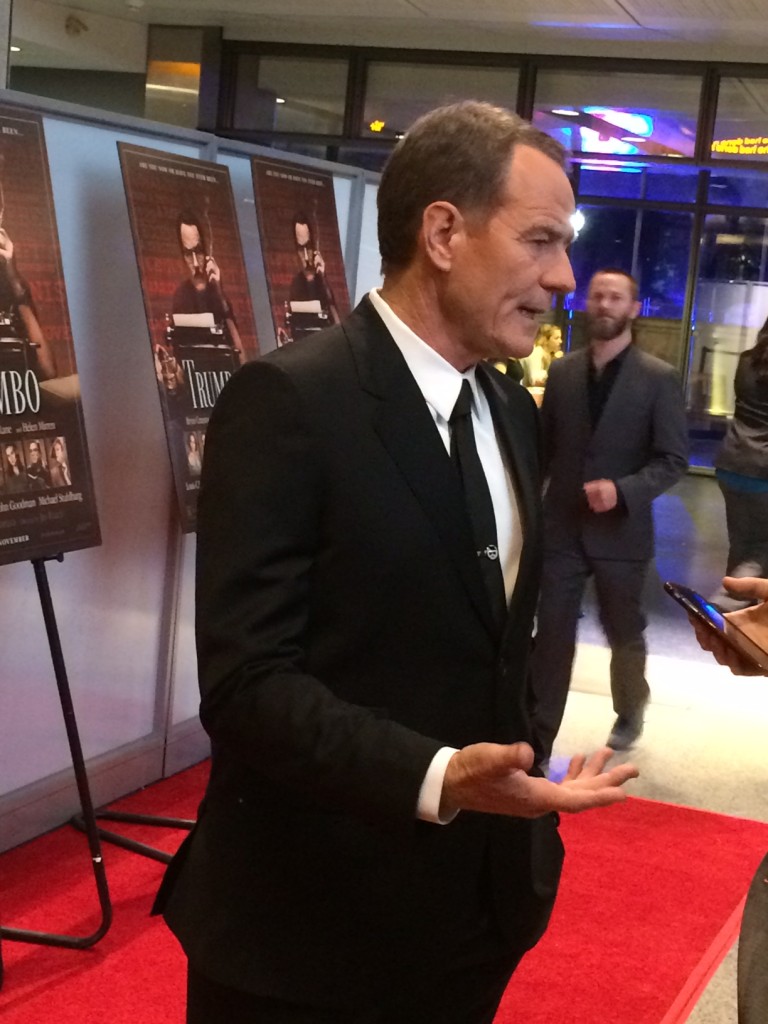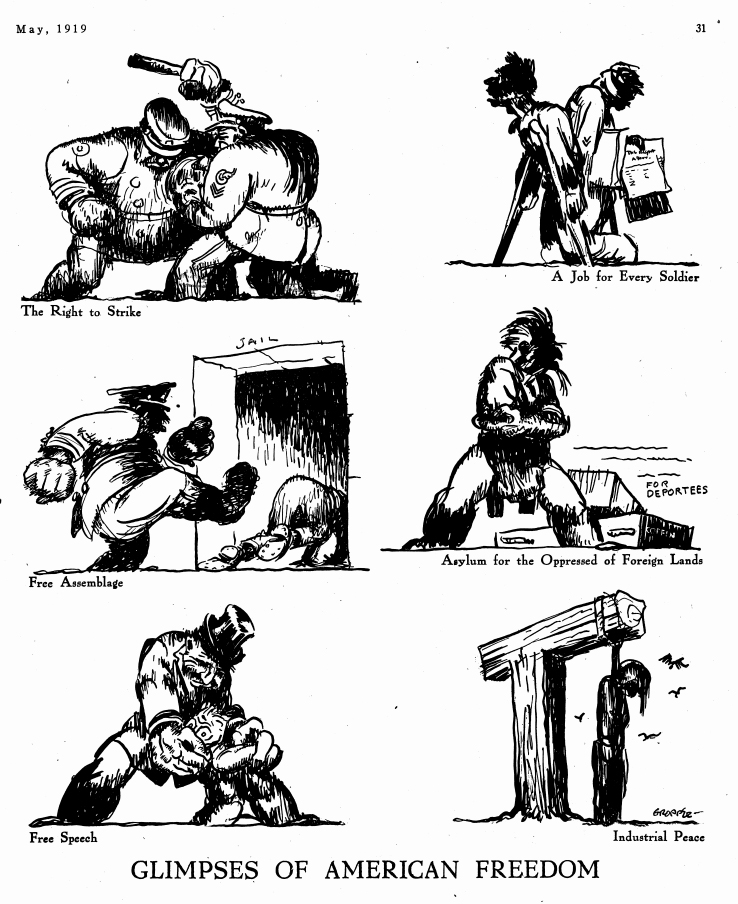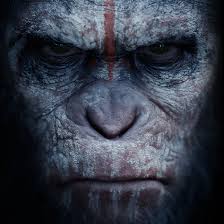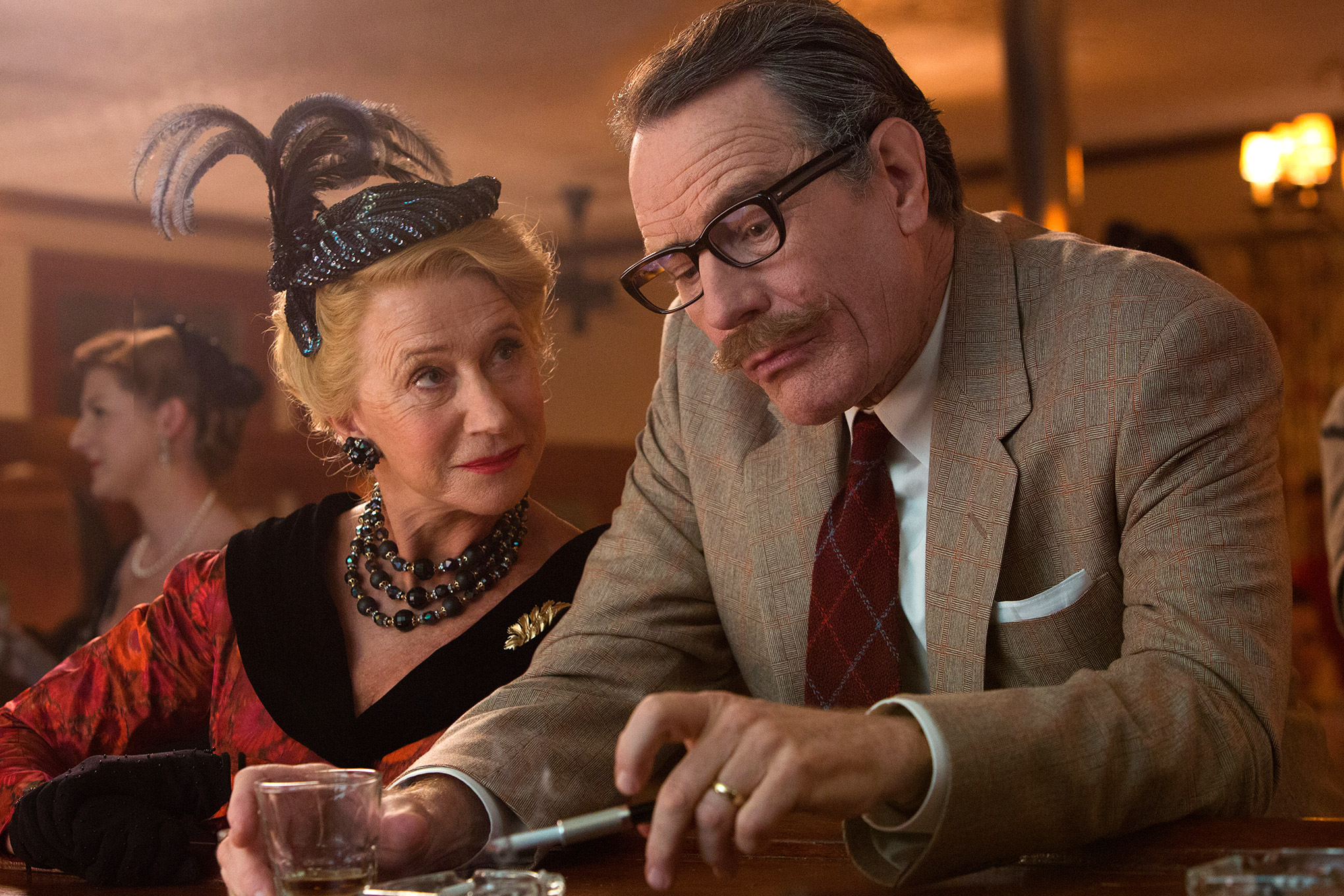
No one should be able to tell Americans how to think or what not to say. A shameful yet surprisingly topical chapter in American history, TRUMBO tells the story of perhaps the most boisterous member of the Hollywood Ten. Flamboyant and prolific writing genius that he was, he found himself embroiled in the political cesspool that was the McCarthy era of communist witch hunts, when he and many other writers and artists were blacklisted for being members of or connected to the American Communist Party. Though ultimately a two time Oscar winner, Dalton Trumbo (whose most famous screenplays were ROMAN HOLIDAY, SPARTACUS, and EXODUS) had to find a way to be solvent using the only talent he knew, screenwriting, so he began writing under aliases. With the help of his family, he survived his imprisonment, legal battles, and years of 20 hour workdays.
In an attempt to both enlighten and entertain, screenwriter John McNamara reduces some of the real-life players in history to less than fully dimensional characters, or mashed-up creations of several people into one amalgam. However, renowned casting director David Rubin fills the TRUMBO world with great actors to play these historic characters: word is after seeing the finished product, Kirk Douglas himself reaffirmed his approval of the film and of Kiwi actor Dean O’Gorman (FILI in THE HOBBIT) playing him. Most notable are Michael Stuhlbarg as Edward G Robinson and Helen Mirren as the Better-dead-than-Red obsessed gossip columnist Hedda Hopper. For a film that uses some of the most famous people in Hollywood in their story, and spreads focus wide between Trumbo’s challenges with work and personal life, Rubin takes spectacularly impressive casting risks. Of course, the star that makes the film a great study in dramatized biographical portrayal, is Bryan Cranston. It is impossible to imagine anyone else in the role, and he rightly chews it up, just as the real Dalton Trumbo would have done.
Director Roach exposes some of the sins of House Committee on Un-American Activities while keeping the film approachable and entertaining. This will be damning to some, and much appreciated by others. I number among the latter, especially as someone who knows the history behind the film. Roach was still careful to include elements that informed even the well-versed, such as the inclusion in Trumbo’s home of art by William Gropper, whom the screenwriter collected.
Not everyone will find it as fascinating or entertaining as I did—I welcomed the balance between history and drama that makes TRUMBO repeatedly watchable. I love a movie that sheds light on a very important and dark moment in US history, and puts a spotlight on a writing genius, sparking curiosity in those less aware of the story of Trumbo’s life, as well as the struggles of the Hollywood Ten. I also think placing Dalton Trumbo into the capable thespian hands of Bryan Cranston adds immeasurably to an already fascinating story.
Trumbo Review: B
I interviewed Bryan Cranston and Jay Roach a few days before the wide release of Trumbo, and they said it was the first time they’d ever been asked about the art by Bill Gropper:
LISTEN:

